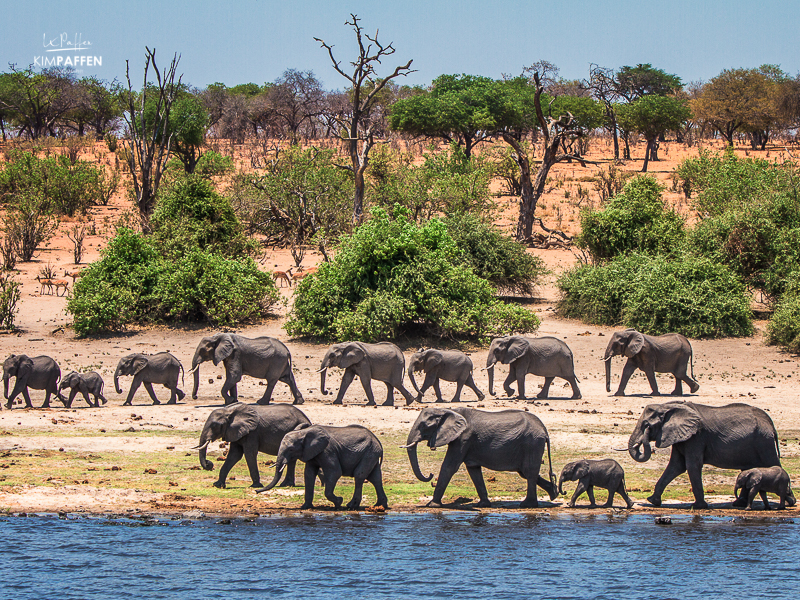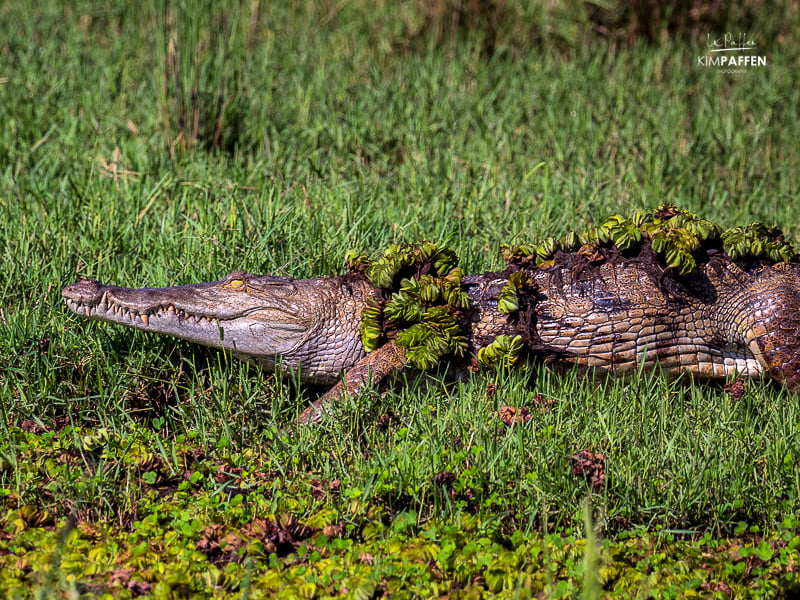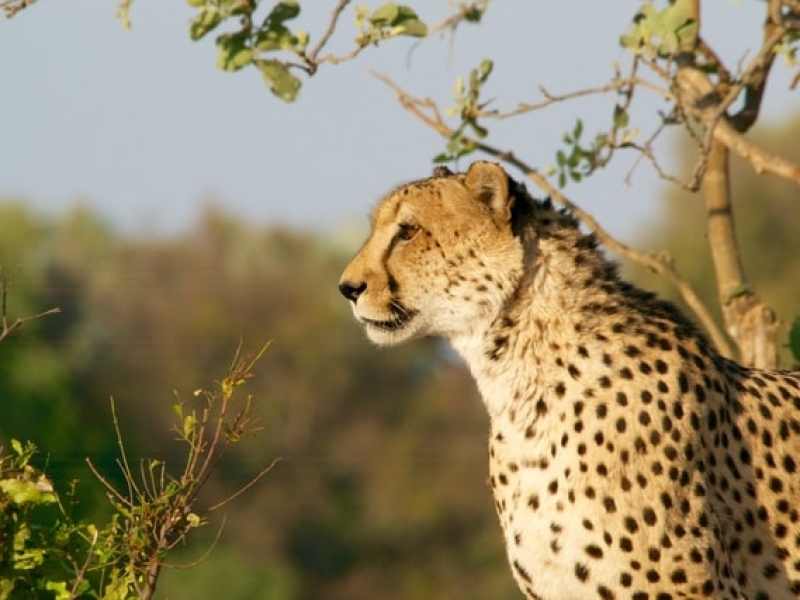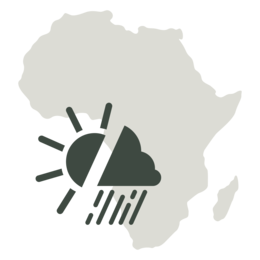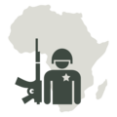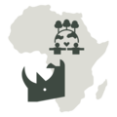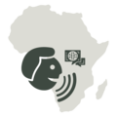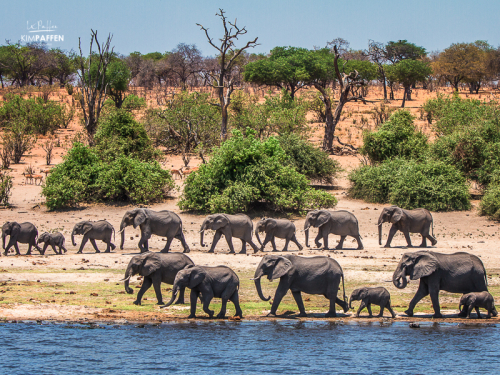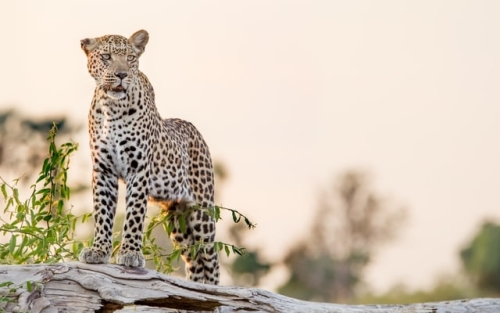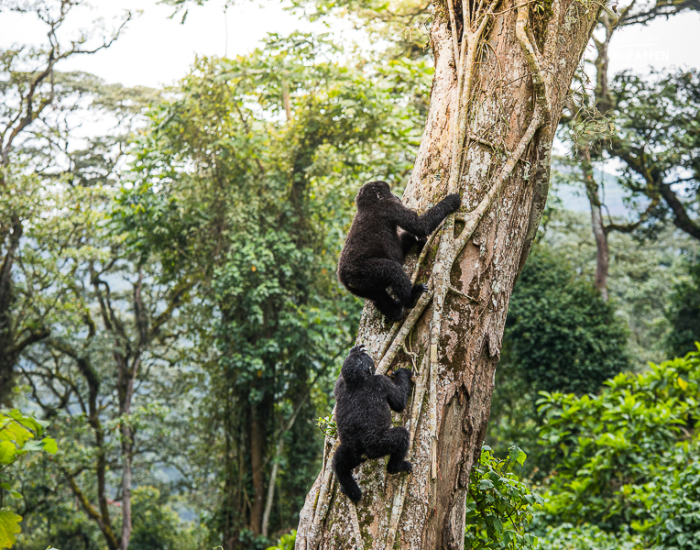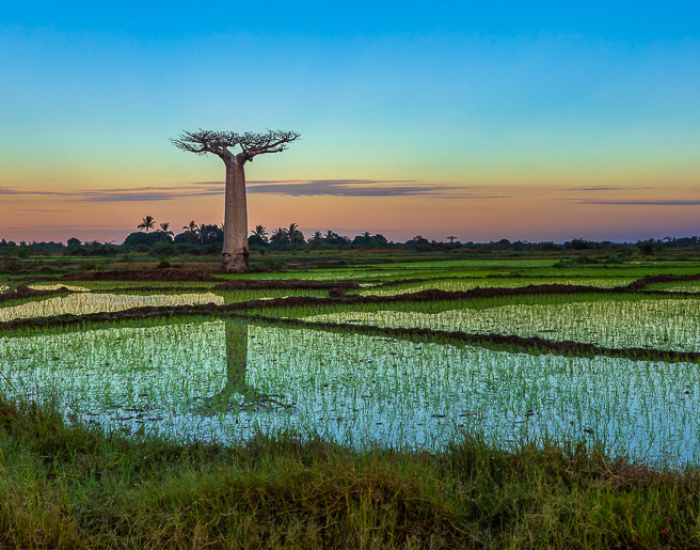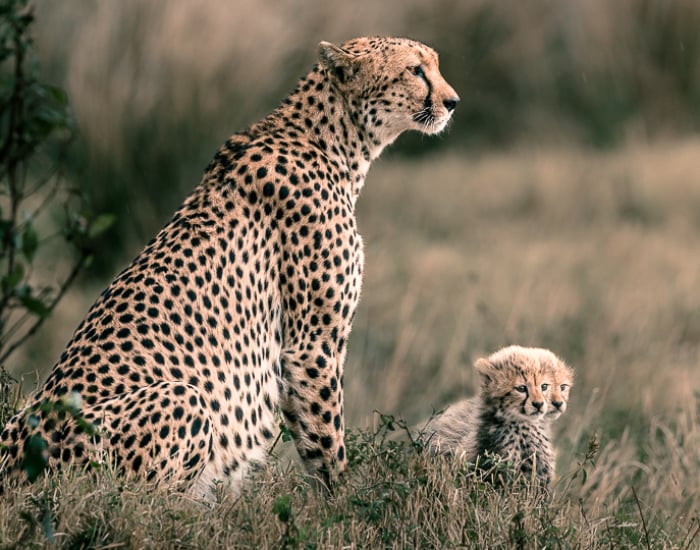Botswana Travel Guide
Botswana is one of Africa's last great wildernesses with beautiful scenery and a true fence-free wildlife haven. This exclusive safari destination is one of Africa’s most popular places to visit and is bordered by Zambia, Zimbabwe, South Africa, and Namibia, which makes it also an ideal country for transfrontier safari trips in Southern Africa. It’s one of the least populated countries in Africa and has the highest concentration of elephants in the world!
Botswana is well-known for its diverse national parks & reserves, such as Chobe National Park, Okavango Delta, the vast central Kalahari Desert, Makgadikgadi Pans (one of the world's largest salt flats), the baobabs of Nxai Pans, and the southern Kgalagadi Transfrontier Park. The combination of desert and delta makes Botswana a very unique country to visit. Because of the delta's swampland vegetation, you can find numerous bird species, fish, and mammals including big cats, wild dogs, large herds of Cape buffalo, and Elephants.
Botswana is also unique because of the world's second-largest zebra and wildebeest migration after the Serengeti. Don't forget to bring your zoom lens for some stunning wildlife photography. Botswana is also the best place to photograph Meerkats in the wild. With one of the greatest wildlife experiences on earth and endless diverse safari possibilities, Botswana is a must on every travelers' bucket list.
Traveling to Botswana isn't cheap and prices are higher in surrounding African countries, but this also means fewer tourists and better conservation. Something Botswana is quite good at. Try to stay in remote tented camps where the community will benefit from tourism, instead of the exclusive lodges with foreign owners.
Through this Botswana Travel guide, you can find things to do, the best time to visit, top Botswana safari experiences, desert and delta safari itineraries, and more information to discover one of the last great wildernesses of Africa.
Interesting Facts Botswana
Flag of Botswana
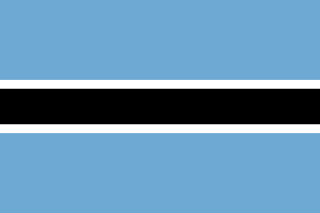
Botswana's National Animal
Zebra
Botswana National Dish
seswaa
Currency in Botswana
Botswana pula (BWP)
Botswana Time Zone
Central Africa Time Zone or EAT (GMT+2 hours)

